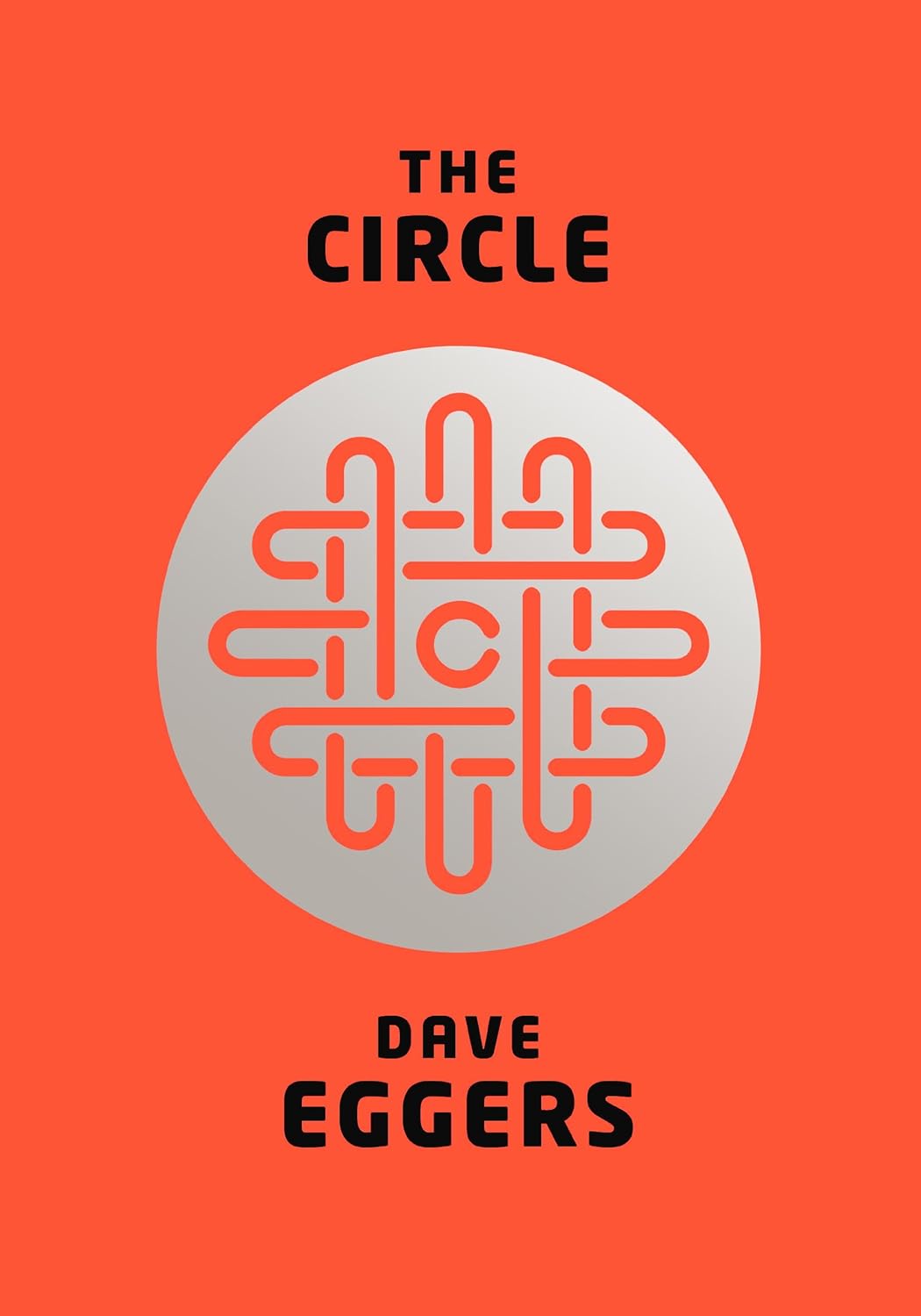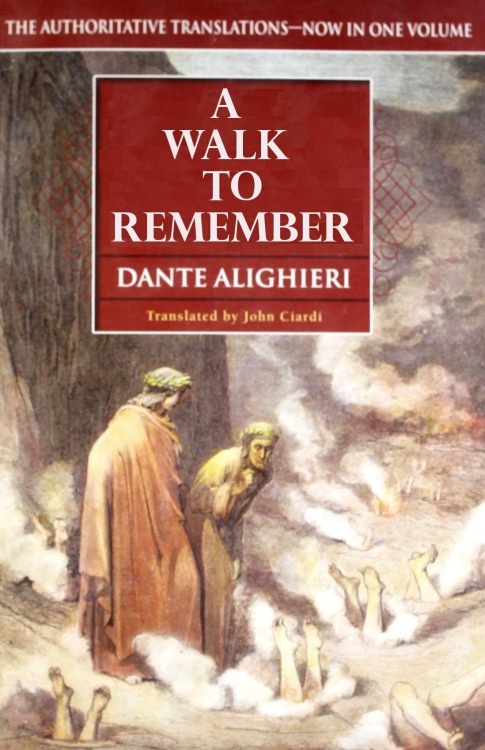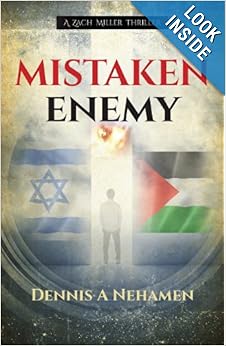I volunteered to do an author Q&A for our friend Ashley over at Closed the Cover. Howard Rosenberg is the author in question and as you can tell from his responses to my questions, he's a funny guy. Also be sure to look for more author info, details about his book "Up Yours!" and a GIVEAWAY at the end of the interview.
-----------------------------------------
1. Your current novel “Up Yours!” is not your first book,
but it is your first work of fiction. What differences are there in your
writing process when you are fiction or nonfiction?
Apples and oranges. In journalism—tighter, tighter,
tighter! In writing fiction, I approach each scene with a much more descriptive
eye, then lower it back to earth if it’s overwritten. No one commands me to “Cut
6 inches, Rosenberg.” And writing fiction is, well, so lovely because one mostly
doesn’t have to worry about facts. If they don’t work or don’t exist—Voila!—change
the little suckers or make them up. Of course, historical fiction is an
exception (c’mon, I was a history major). And even a mystery as lighthearted as
“Up Yours!” requires a certain level of factual plausibility to be credible.
More fundamentally, a non-fiction piece is factual by
definition: straight reporting, interpretation based on a set of facts or
clearly labeled opinion relating to facts. As a columnist, however, there were instances
when I deployed fanciful writing as satire, at times making up entire dialogues
for the purpose of ridicule. My intent was clear, however. At least I hope it
was.
2. You were a TV critic at the Los Angeles Times for several
years. Since you’ve got experience as a writer and a TV critic, are there any
shows on TV right now that you think are particularly well written?
It all begins with writing, which is almost always the
soul of performance art. Even the most talented cast can’t rise above bad or
even pedestrian writing. Stage or screen, makes no difference. It’s subjective,
of course, but in my view the best-written comedy on TV is ABC’s “Modern
Family.” The writing is sohhhhhh fluid and flat-out funny. Yet it wouldn’t work
without that stratospheric cast; it’s collaboration. Also in comedy, NBC’s
lightly watched but exquisitely twisted “Community” is sometimes brilliant.
Love it. And HBO’s “Veep” is superb, politics-skewering satire—very, very smart
and a stake right through the heart of hypocrisy. Nor does it hurt that its
star, Julia Louis-Dreyfus, is arguably the best comedic actress on the planet. In
drama, meanwhile, I’m enthralled by HBO’s new crime series “True Detective,”
dark, brooding, deeply mysterious and densely written. And oh yes, at times
ugly. Nothing easy or simplistic here, but well worth the discomfort. Yet I’m
also addicted to the escapist and grandly flawed “Downton Abbey” on PBS—despite
its clumsy script conveniences and gaping plot holes. So go figure.
3. You won a Pulitzer Prize for Criticism. Can you tell us
more about that experience?
First, some perspective. I was TV critic for the Los
Angeles Times for 25 years. That means I did not receive a Pulitzer 24 of 25
years. So no big head.
I learned of my Pulitzer when phoned by an editor as I
interviewed a very classy actress named Jane Alexander in a Hollywood
restaurant. I returned to the table and continued the interview, pulse racing,
yet saying nothing about the reason for the call. I mean, how could I bring up
something like that without sounding like an egoist jerk?
The 10 columns that earned me the Pulitzer included one
that ripped ABC News for its hanging-judge-and-jury coverage of L.A. pre-school
teachers accused of abusing their little charges in every grotesque way
imaginable. Although most of the media piled on, they turned out to be
innocent. But my favorite was a piece contrasting TV depictions of death with
the death of my father as I experienced it in Kansas City, Mo. It moved me as I
wrote it, and still moves me in memory.
Winning the
Pulitzer (in 1985) yielded relatively modest benefits. My teenage daughter
still disliked me intensely for reasons that I never understood. And L.A.
gridlock did not part for me, sadly, as the Red Sea did for Moses.
The award did earn me a prestigious New York agent (we’ve
long since divorced), increased national stature, more financial opportunities,
lots of unfriendly scrutiny (this slug
won a Pulitzer?) and a probable first line for my obit (Pulitzer Prize-winning Howard Rosenberg
kicked the bucket…).
4. You’re an adjunct professor at USC’s school of
Cinematic Arts. Has that influenced your writing?
Not at all, unless I’m worse through osmosis. All right,
that’s harsh. But reading student papers has taught me that something is
terribly amiss in our schools when it comes to imparting basic writing skills. You
know, the simple stuff like grammar and “i before e…” Most of my students (I
also teach in the journalism school) are very bright, and a few are very, very good writers. Yet each semester I
also get a few who have not learned that periods are probably most effective
when inserted at the ends of
sentences. These are students—often seniors—who can’t craft a cogent line,
could not write a laundry list that you and I could understand. How did they
get this far? It’s just boggling.
5. The main character in “Up Yours!” suddenly finds
himself being a sleuth. Did you have to do any research for that aspect of the
book?
No sleuthing research required beyond re-watching every
“Thin Man” movie with William Powell and Myrna Loy—which was a joy—and
continuing my self-indulgent habit of reading mysteries galore. Quite simply, I
tried to envision my wife, Carol, and me facing the sleuthing challenges I gave
married amateurs Ted and Liv Milo. But I cheated. I made Ted and Liv smarter.
Also braver.
6. What other writing goals do you have?
Mystery fiction continues to head my list. Next time
around, Ted and Liv will be off to detective school with mixed—and naturally homicidal—results.
I’ve nearly rewritten “The Elvis Murders,” a hound dog of a novel that required
a research trip to Memphis during the worshipful annual Elvisathon there; it
has to be seen to be believed. And I’m now plotting a revisionist mystery
inspired by the beloved but vastly over-praised Christmas classic, “It’s a
Wonderful Life,” that will earn me the enmity of Frank Capra fans everywhere.
Please, no hate mail.
----------------------------------------------------------------
So Howard cracks me up. I feel like we would get along even if the only thing we have in common is the fact that we are underwhelmed by "It's a Wonderful Life." I wonder how he feels about "The Sound of Music?" I regret not asking him about "Justified" and Elmore Leonard. Drat! Maybe I'll get to talk to him again when he puts out his next book.
Book Synopsis
Ted Milo, until recently the Charles Dickens of obit writers, is dislodged from his
carefree new life by a bizarre collision of homicides and hemorrhoids in the fancy
Los Angeles suburb of Friendly Lake. Actually…not so friendly, Ted and his wife, Liv,
soon discover.
Ted has ditched his long newspaper career to embrace the nouveau riche life he’d
always ridiculed after inheriting a fortune from a distant relative. He is floating
blissfully, contemplating the fruits of wealth, little on his fiftyish mind beyond
bladder control, when a visit to a physician turns him into a sleuth with cold-blooded
murders to solve.
“You’re doing this why, because the Navy SEALS aren’t hiring?” chides Liv when
learning she’s now married to Sam Spade. “And your dream of playing center field
for the Dodgers—dashed?”
Every gumshoe requires a “tomato,” though, and Liv is Ted’s when bodies hit the
slab in this twisty mystery that exposes the warty underside of seemingly tranquil
suburbia.
Author Bio
Howard Rosenberg earned a Pulitzer Prize and numerous other honors during 25
years as TV critic for the Los Angeles Times. He teaches news ethics, critical writing
and a TV symposium at the University of Southern California and resides in a far-off
Los Angeles suburb with his wife, two cats and a bird, all of whom tend to ignore
him.
His favorite pastime is slam dunking and working out with the Los Angeles Lakers.
In his dreams.
And
HERE is the link to the giveaway!











